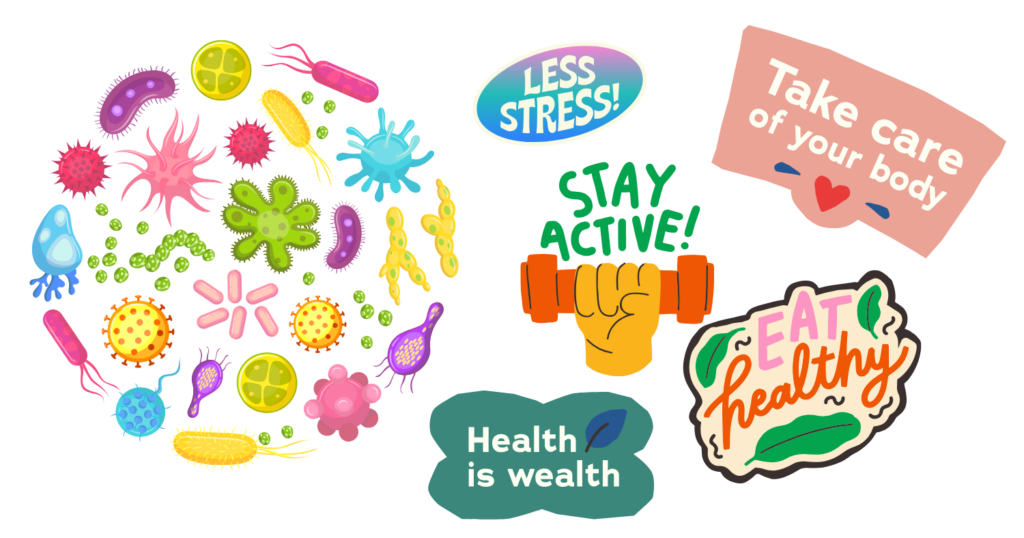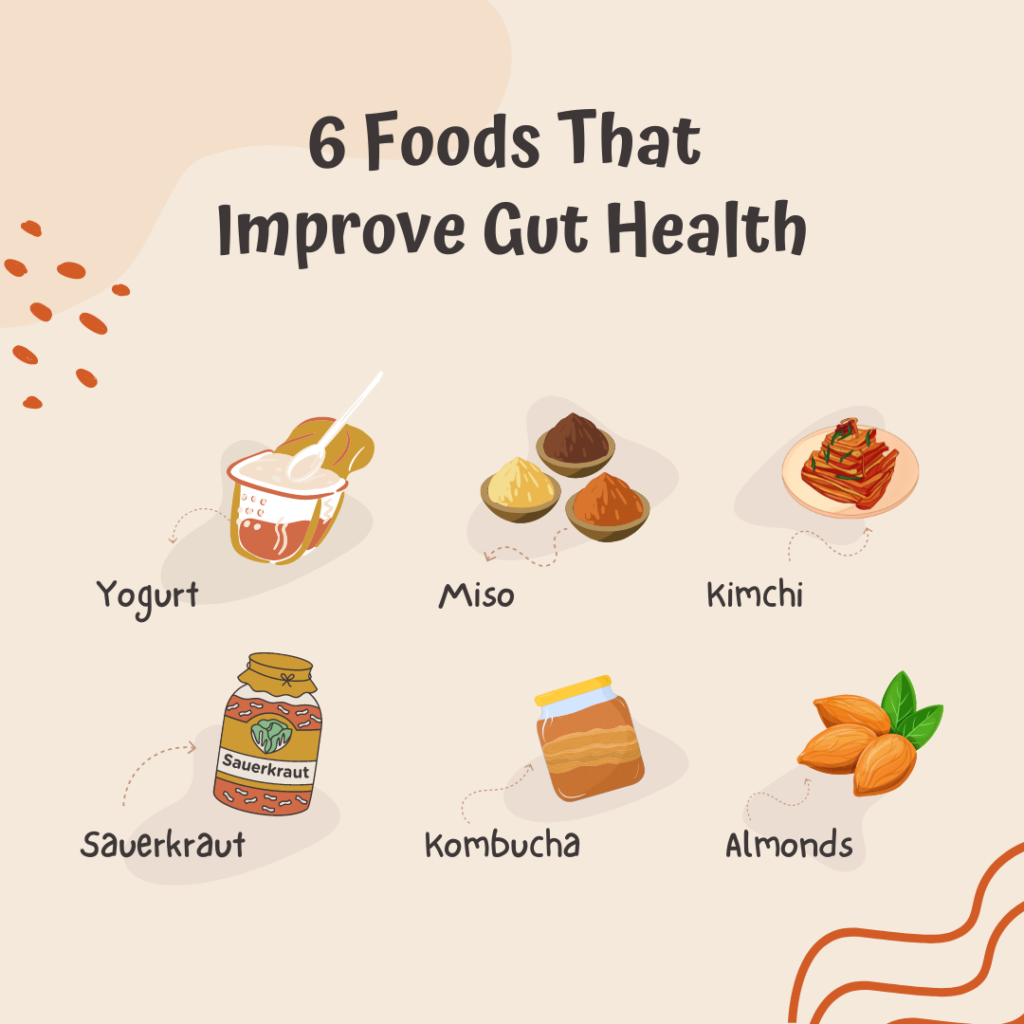In world of holistic wellness, few factors hold as much influence as gut health. The gut, often referred to as the body’s “second brain,” plays a pivotal role in not only digestion but also in immune function, mood regulation, and overall well-being (Cleveland Clinic: The Gut Brain Connection). Let’s look at how this works.

Image by Alicia Harper from Pixabay
The Significance of Gut Health
The gut is made up of the gastrointestinal tract and its vast ecosystem of microbes. It serves as a central hub for numerous physiological processes. Beyond digestion, the gut plays a crucial role in nutrient absorption, hormone regulation, and immune function. Moreover, emerging research suggests that the gut-brain axis, the bidirectional communication pathway between the gut and the brain, influences mood, cognition, and even behavior.
Understanding Gut Imbalance
A healthy gut is characterized by a diverse and harmonious microbiome, the community of microorganisms residing within the gastrointestinal tract. Factors such as poor diet, chronic stress, antibiotics, and environmental toxins can disrupt this delicate balance, leading to gut dysbiosis. Gut dysbiosis, marked by an imbalance in gut flora composition, has been implicated in a myriad of health conditions, including gastrointestinal disorders, autoimmune diseases, mental health disorders, and metabolic syndrome.
Signs of Gut Imbalance
Recognizing the signs of gut imbalance is essential for early intervention and optimal health outcomes. Symptoms such as bloating, gas, constipation, diarrhea, indigestion, food intolerances, fatigue, mood swings, and skin issues may indicate underlying gut issues. Additionally, individuals with gut dysbiosis may experience systemic inflammation, which can contribute to chronic diseases and overall poor health.

Nurturing Gut Health: Cultivating a healthy gut is paramount for holistic wellness. Here are some strategies to support your healthiness:
- Nutrient-Dense Diet: Emphasize whole, unprocessed foods rich in fiber, prebiotics, and probiotics to nourish the gut microbiome and support digestive health.
- Stress Management: Incorporate stress-reduction techniques such as mindfulness, meditation, deep breathing exercises, and adequate sleep to mitigate the impact of stress on gut function.
- Probiotic Supplementation: Consider supplementing with probiotics to replenish beneficial gut bacteria and promote microbial diversity.
- Avoidance of Gut Disruptors: Minimize exposure to gut disruptors such as processed foods, artificial sweeteners, antibiotics, and environmental toxins that can disrupt gut flora balance.
- Regular Physical Activity: Engage in regular exercise to promote gut motility, enhance blood flow to the digestive organs, and support overall gut health.

Gut health is the foundation of holistic wellness, influencing multiple aspects of physical, mental, and emotional well-being. By understanding the importance of gut health and adopting proactive strategies to support digestive function, you can optimize their overall healthiness vitality. Through a holistic approach, including diet, lifestyle modifications, stress management, and supplementation, we can nourish our bodies from within and cultivate a thriving ecosystem for optimal health and well-being.
Did you know about Glutathione and its benefits? check out this blog: Glutathione For Your Health
Curious about IV Hydration? Learn more here: 7 Benefits of IV Hydration: Replenish, Recharge, and Revitalize
Ready to take charge of your wellness: Contact us
